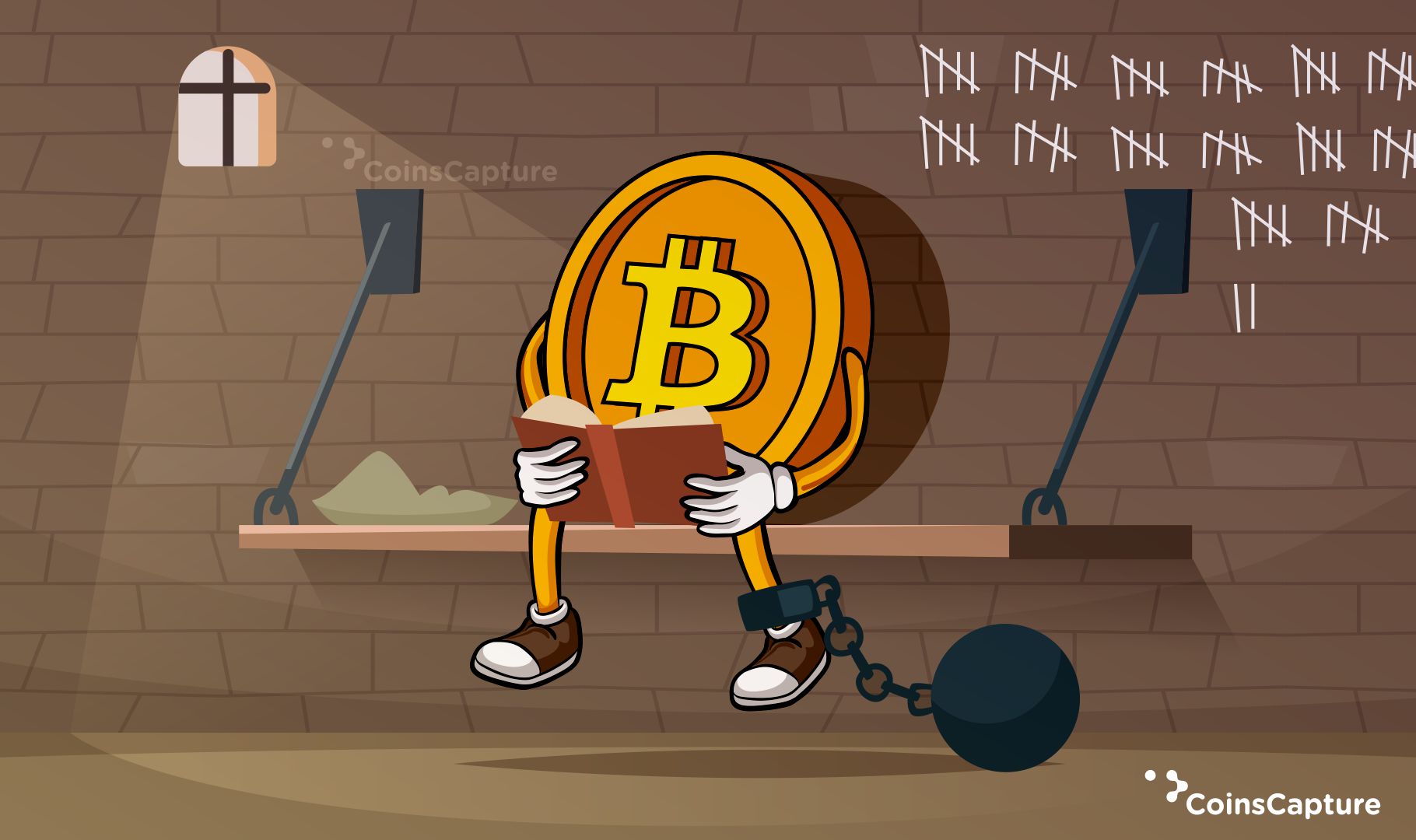7 November 2025
Can The Government Outlaw Bitcoin?
What makes Bitcoin so unique? The first largest digital currency is backed by blockchain technology, a decentralized open-source, and a public distributed ledger. It is the only network that eliminates the need for a central authority, intermediaries, and middlemen. Bitcoin and blockchain provide an accessible, cost-efficient, faster, immutable, secured, transparent, time-stamped, censorship-resistant, private, discrete, and peer-to-peer network.
Also, to hack a Bitcoin network, the hacker cannot just hack into the system with one computer but would need much higher computing power and a majority of the computer’s participation to attack, meaning a 51% attack to hack into the Bitcoin’s network. However, for a fact, Bitcoin has never been hacked before, and it is doubtful that it will be in the future.
So the question is, why would the Government want to ban or shut down Bitcoin?
Cryptocurrency is called the “future of money” - a medium that would change the financial industry. Thus, the very reason stated above is why the Government wants to put a hold on Bitcoin. Another side of Bitcoin is used for illicit activities, cybercrimes, money laundering, and terrorism; for instance, the Silk Road.
Also Read, Evolutionary Regulations of Cryptocurrency
In this blog, we are going to discuss whether - can the Government outlaw Bitcoin?
Even though the Government intends to shut down Bitcoin, they cannot truly cease the network. In lieu, bitcoin has been running since 2009, and recently it has been swinging on its all-time-high by also topping the most popular cryptocurrency list. So unless it is not the end of the world - closing down, the Bitcoin network seems highly impossible! Or not to exaggerate, but also, unless the Internet across the world isn’t working or there is a power outage, then, sure, the Bitcoin network, just like any other network, will come to a standstill.
The other factor wherein Bitcoin can face a cease is when there is a bug in the network’s update. That is a possibility that might create a temporary situation disrupting the Bitcoin network for a period of time, resulting in price volatility too.
The Government can cease the Bitcoin network by taking down the websites and platforms that provide the service, or the Government will have to block access to Bitcoin through the ISPs - Internet Service Providers.
Moreover, the Bitcoin network cannot be shut down with just one Government; hence, it would require the Government’s participation across the world. The one thing that the Government can do is impose either the ban or restrictions and regulations over cryptocurrency. Enforcing regulations such as banning cryptocurrency with its usage in any form - mining, buying or selling, owning, and so forth. Since millions of users are involved in crypto trading, ideally, placing regulations and taxation seems like a fitting method.
Also Read, The Methods Law Enforcement Implies To Catch Crypto Criminals
The primary concerns that involve ceasing Bitcoin are its effect on the people associated with it, such as the investors, businesses, employees working with crypto companies and many such people associated with the Bitcoin network. It will result in creating chaos and panic amongst the people.
Bitcoin along with blockchain technology was designed in such a way that no external factors (such as the Government) can be resistant to the network unless, of course, they ban it in their respective Jurisdiction. Unlike other industries, Bitcoin has no CEO or a location or any source that might help the Government cease Bitcoin and related activities.
Many believe that the only key reason Bitcoin can come to cease is when its users’ lose interest in the cryptocurrency.
Bitcoin has the potential to change the traditional financial system we live in and create opportunities that would do wonders. Like how every generation has its adaptation over things, similarly, it is the new generation of currency and technology!
So, instead of ceasing Bitcoin, the Government can work on the various other factors to make the system rather regulated than shutting down.






